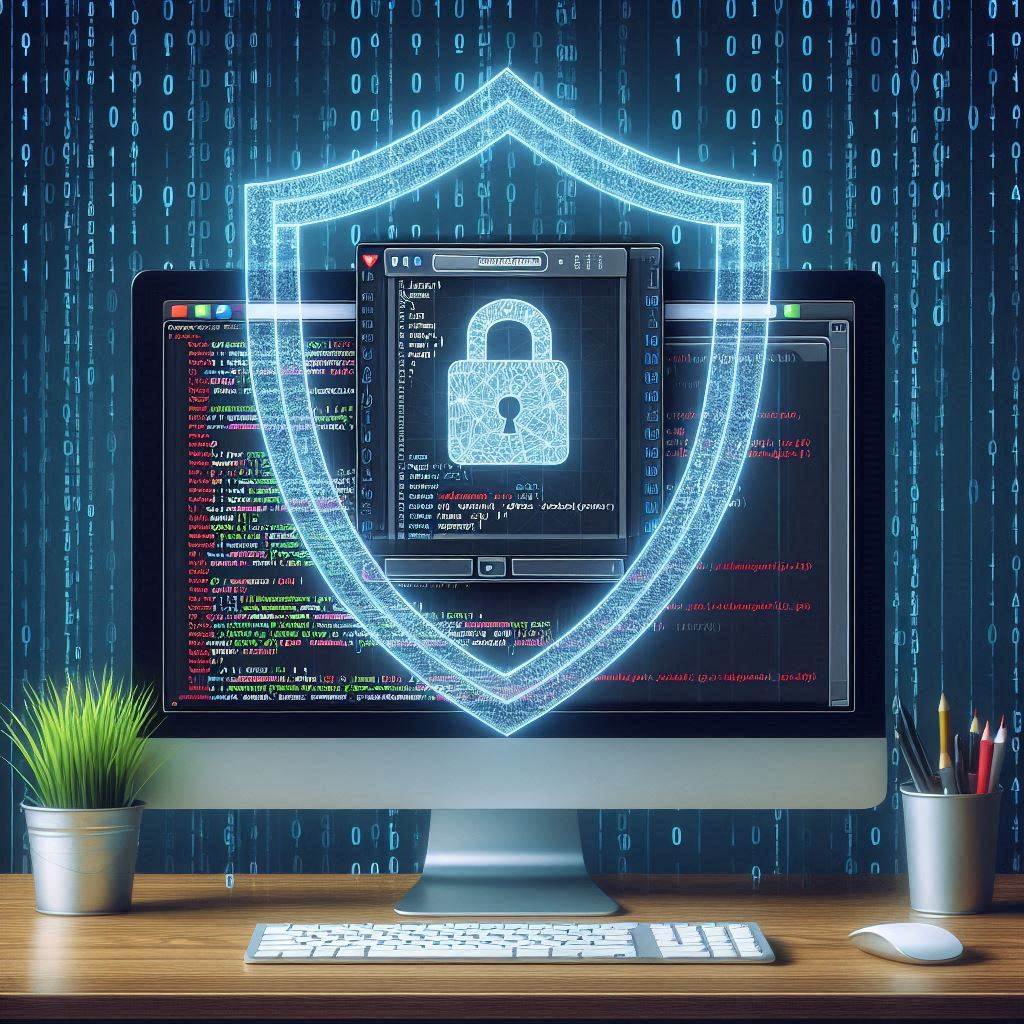How to Protect Laravel Project with IonCube: A Complete Guide

To protect a Laravel project using IonCube, follow these comprehensive steps. IonCube is a popular tool for encoding PHP files to protect your source code from unauthorized use. Below, you will find a detailed guide on how to do this with examples.
Step 1: Install IonCube Loader
For Local Development
Download IonCube Loader:
- Go to the IonCube download page.
- Download the appropriate loader for your PHP version and operating system.
Install the Loader:
- Extract the downloaded file.
- Copy the
ioncube_loaderfile to your PHP extensions directory (usuallyphp/ext).
Edit php.ini:
- Add the following line to you php.ini file:
zend_extension = /path/to/ioncube_loader_lin_X.X.so
- Replace
/path/to/ioncube_loader_lin_X.X.sowith the actual path to the IonCube loader file andX.Xwith your PHP version.
Restart Your Web Server:
- Restart your web server to apply changes
sudo service apache2 restart # For Apache
sudo /opt/lampp/lampp restart # For Apache
sudo service php-fpm restart # For PHP-FPM
For Production Server
The steps are similar to the local development installation. Ensure the loader is installed on the server where your Laravel project will be deployed.
Step 2: Encode Your Laravel Project
Download IonCube Encoder:
- Purchase and download the IonCube Encoder from the IonCube website.
Encode Your Files:
- Use the IonCube Encoder to encode your PHP files.
- Example command:
ioncube_encoder --encode ./path/to/your/laravel/project --output
./path/to/encoded/output
This command encodes all the PHP files in your Laravel project and outputs the encoded files to the specified directory.
Configuration File:
- Create a configuration file to define which files to encode and any other encoding settings.
- Example configuration file (
encode.ini):
[main]
source_directory = /path/to/your/laravel/project
target_directory = /path/to/encoded/output
php_extensions = php
exclude_patterns = *.blade.php,*.env
Step 3: Deploy Encoded Files
Prepare Your Laravel Project:
- Move the encoded files to your project directory.
- Ensure non-PHP files like views (
.blade.php), configuration files (.env), and public assets (CSS, JS) are not encoded and are properly placed in the project structure.
Configure Autoloader:
- Ensure the Laravel autoloader can load encoded files correctly.
- If necessary, update
composer.jsonto adjust autoload settings.
Example Walkthrough
- Assume your Laravel project is located at
/var/www/laravel_projectand you want to encode it.
Install IonCube Loader:
- Download, extract, and install the IonCube loader as per your PHP version and operating system.
Encode Your Project:
Create a configuration file (encode.ini):
[main]
source_directory = /var/www/laravel_project
target_directory = /var/www/encoded_laravel_project
php_extensions = php
exclude_patterns = *.blade.php,*.env,*.log
Run the encoder:
ioncube_encoder --config encode.ini
Deploy the Encoded Project:
- Copy the encoded files from
/var/www/encoded_laravel_projectto your deployment directory, e.g.,/var/www/html/laravel_project.
Update Permissions and Ownership:
- set appropriate file permissions and ownership for your web server
sudo chown -R www-data:www-data /var/www/html/laravel_project
sudo chmod -R 755 /var/www/html/laravel_project
Verify IonCube Loader:
- Ensure IonCube loader is active:
php -v
- You should see a mention of IonCube in the output.
Run Your Laravel Application:
- Access your Laravel application in the browser and verify it works correctly with the encoded files.
Troubleshooting
Loader Not Found Error:
- Ensure the
zend_extensionpath inphp.iniis correct and points to the IonCube loader file.
- Check the PHP version compatibility with the IonCube loader version.
Encoded Files Not Running:
- Verify the encoding process completed without errors.
- Ensure all necessary files (views, configurations) are not encoded and are correctly placed.